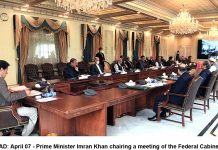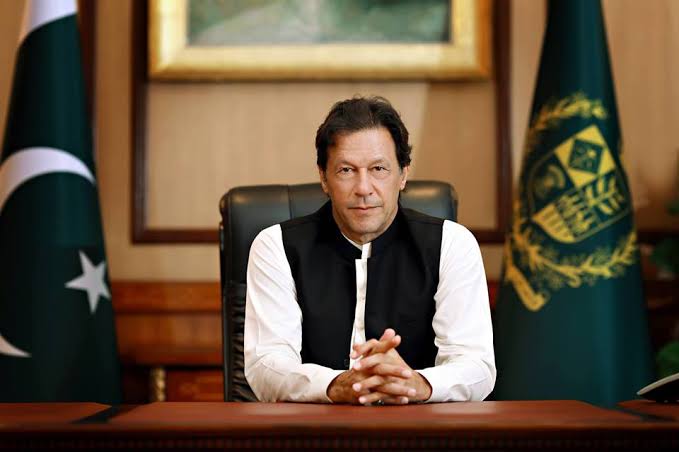Published on: August 30, 2025 12:33 PM

A recent report reveals a surprising turn in U.S. foreign policy during Donald Trump’s presidency. The shift came after Indian Prime Minister Narendra Modi’s aggressive stance during the Pakistan-India conflict. According to the report, Modi’s refusal to credit Trump for the ceasefire deeply angered the U.S. President. As a result, Pakistan gained favor in Washington, even surpassing India in strategic preference.
During Trump’s first term, India had strong ties with Washington. U.S. strategists viewed India as a key ally in the Indo-Pacific, especially against China. Pakistan, on the other hand, had a tainted image due to post-9/11 tensions. However, this perception began to shift after Trump publicly praised Pakistan’s anti-terror efforts in his address to Congress. Soon, new advocates for Pakistan emerged in D.C. policy circles.
The turning point came when Modi launched an airstrike on Pakistan after blaming it for the Pahalgam attack. But Pakistan swiftly downed multiple Indian jets, damaging India’s military image. While Trump helped mediate the ceasefire, Pakistan responded with appreciation, even nominating Trump for the Nobel Peace Prize. In contrast, India denied Trump’s involvement, fueling the rift further.
Following the ceasefire, Modi’s planned visit to Washington was canceled. Instead, Pakistan Army Chief Field Marshal Asim Munir received a warm welcome at the White House, including a formal lunch hosted by President Trump. The report describes Munir as a calm, capable leader. His diplomacy reportedly impressed Trump, leading to major U.S.-Pakistan economic agreements a month later. Meanwhile, Trump raised tariffs on India for purchasing Russian oil.
Despite this shift, the report notes uncertainty about whether U.S. institutions share Trump’s favorable view of Pakistan. Trump’s administration also declared Balochistan Liberation Army a terrorist group, sending a warning to India. The report concludes by highlighting Trump’s growing focus on Pakistan’s strategic assets. As U.S.-Pakistan trade expands, especially in minerals and energy, Islamabad must play its cards wisely to maintain Trump’s goodwill.







